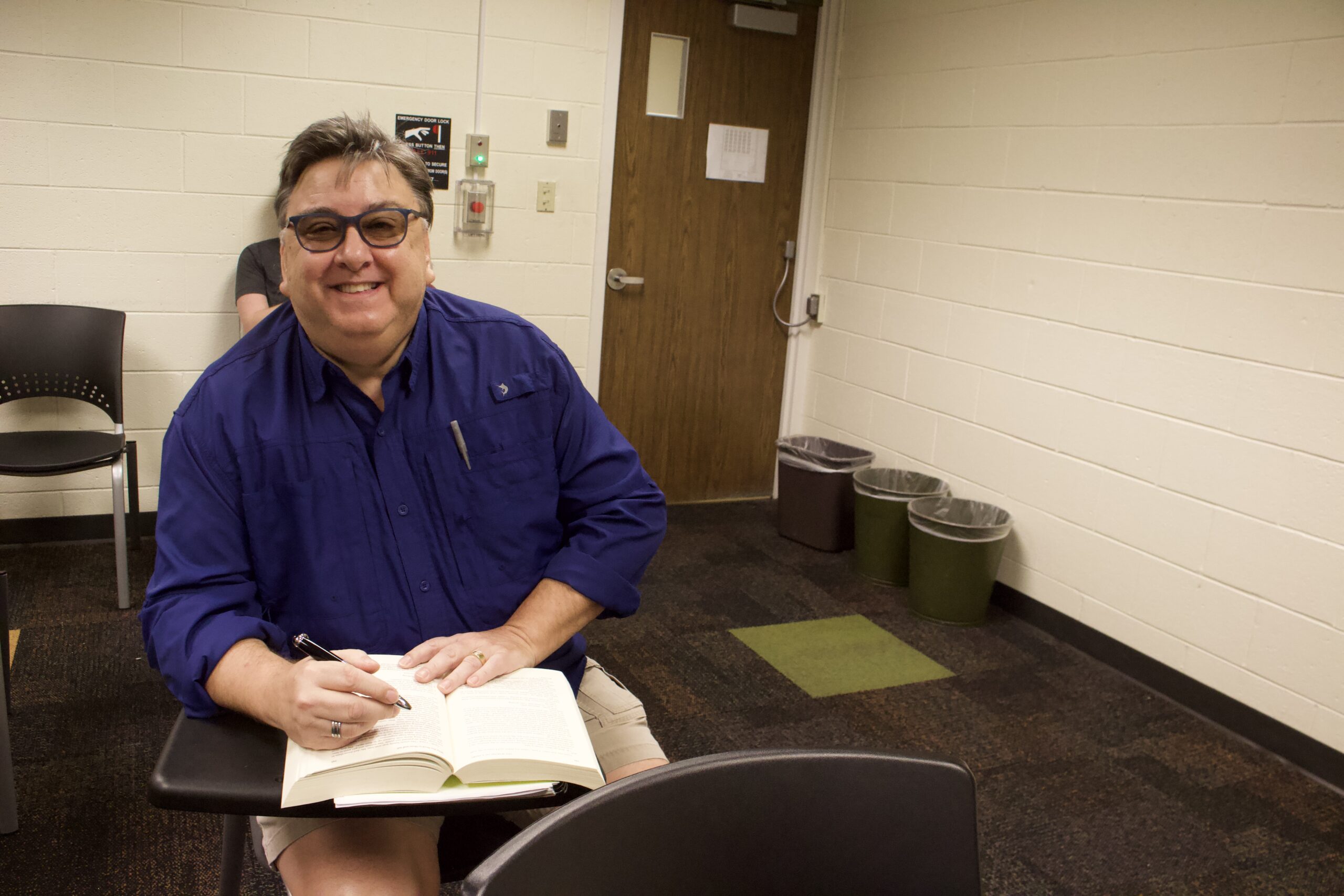OPINION: USF can do more to welcome post-traditional learners

USF recently joined the international Age-Friendly University Global Network. It received the “age-friendly” designation for its research into aging and dedication to providing classes, workshops and networking events to people aged 60 and up.
Over 100 universities in this network strive to give seniors the opportunity to pursue higher education, whether they are looking to start fresh or advance their career path.
USF has set a great example thus far of giving older students opportunities that they may have missed in their youth. However, the university still has accessibility improvements to make such as increasing parking availability.
The university population of people aged 65 and older is rapidly growing, and is estimated to double over the next 40 years.
USF currently has 200 students aged 60 years or older taking courses. Adults in this age group are allowed to enroll in certain undergraduate and graduate courses free of charge.
While USF has made great strides toward becoming more age friendly, there are still ways for the campus to improve. One primary method is increasing parking.
The 20,000 parking spots on campus are not nearly enough to accommodate over 44,000 students on campus.
“With this age group, you do not mess with parking,” Joseph McAuliffe, educational programming manager for the Osher Lifelong Learning Institute, said. “Good, accessible parking is a must.”
OLLI provides resources for the university’s older students. McAuliffe said OLLI is no longer able to host all of their classes on USF’s campus. This is because many of their students experience mobility issues, according to McAuliffe. Instead it holds classes at different venues around Tampa Bay.
Increasing accessible parking is one step that USF can take to make higher education more accessible to the older generation.
Many older people did not have the time or money to attend college right out of high school.
“They just want to have a fuller understanding of life,” McAuliffe said in a Nov. 21 interview with The Oracle.
USF student and former journalist Michael Gordon was unable to finish his degree due to anxiety about financial security, and instead opted to start his career.
For these reasons, a lot of adults missed out on the college experience in their younger years and are catching up now.
By encouraging the older generations to pursue a college education, universities can facilitate an environment where younger students can learn from their knowledge and life experience. Older students can also learn from the more tech-savvy youth. This allows intergenerational groups to easily share knowledge and advice.
Many of these people are trying to accomplish things that they couldn’t in their younger years and universities have a chance to help them get there.
It’s important for universities to recognize the older demographic. They should feel welcome and capable while pursuing opportunities that they didn’t have in their youth.







